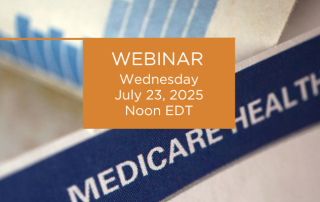Why Life Insurance Matters for Real Estate Investors
Being an investor in real estate requires a great deal of skill, including identifying potential investment opportunities, planning for capital investment, and maintaining properties over time. For high-net-worth investors whose estate values exceed the lifetime exclusion amount, this can lead to substantial exposure. Learn what unique financial challenges and opportunities investors should consider for wealth management and estate planning strategies.










